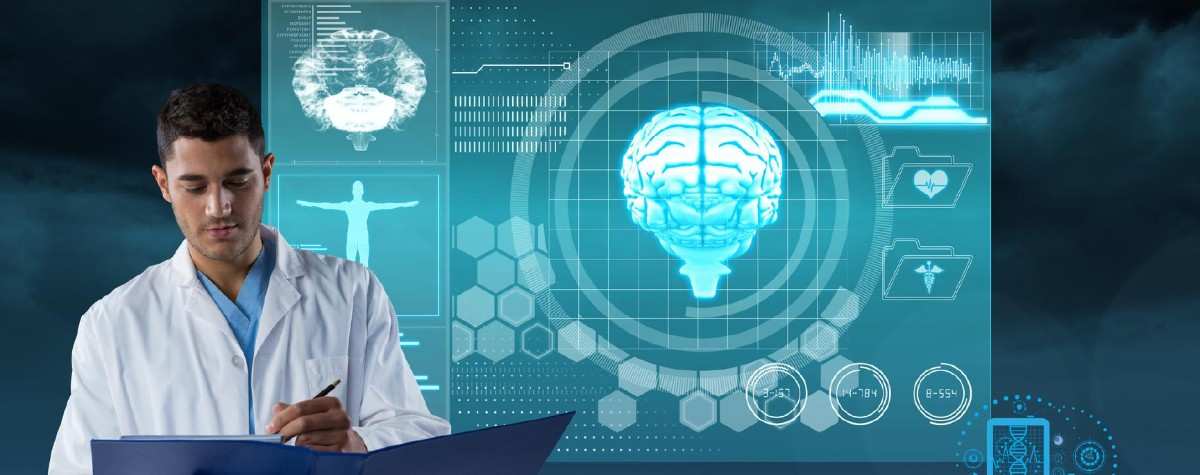


Discover how AI and interoperability are shaping the future of Healthcare EHR, its benefits, trends, and innovations driving EHR software solutions.
Electronic Health Records (EHR) serve as the essential foundation of today’s healthcare system because they revolutionized the methods of storing, accessing, and managing patient information.
Electronic Health Records serves as the base of modern healthcare operations by transforming patient information management with enhanced record storage and retrieval functions. EHR software solutions enable providers to deliver safer and more coordinated patient care by centralizing data for instant access across all clinical settings.
The healthcare industry advances through AI improvements in EHR systems, utilizing predictive analytics and enhanced decision support, while interoperability facilitates seamless data exchange between platforms. These technological advancements are creating a future healthcare environment that prioritizes efficiency and patient-centered care while enabling organizations to deliver better outcomes through innovation.
The transition to EHR systems from paper charts represents a significant milestone in the advancement of healthcare technology. Secure digital platforms for centralized patient data storage eliminate the need for paper files and provide instant access to records. Key benefits include:
Healthcare data interoperability projects, alongside regulatory mandates, have driven hospitals and clinics to widely implement EHR software solutions. Through this transition, healthcare operations become more effective, laying the groundwork for advanced systems that leverage data analysis.
AI technology enhances Healthcare EHR systems by improving data processing speed and usefulness for medical practitioners and patients. Originally, EHR functioned primarily to store data. AI now specializes in examining data to detect patterns and generate predictions.
AI’s Impact on Data Management and Analysis
Real-world examples:
– The Mayo Clinic utilizes artificial intelligence in its EHR system to enhance both patient diagnosis and care delivery.
– eClinicalWorks employs AI technology to optimize scheduling and patient alert systems.
The integration of AI with healthcare data interoperability enhances EHR software solutions which enables healthcare teams to provide faster and safer patient care that is also personalized.
Healthcare data interoperability means that different EHR systems can talk to each other and share information easily. This is important because patients often visit multiple doctors, hospitals, or laboratories, and their health data needs to follow them. Without interoperability, information gets stuck in silos, making care slower and less safe.
